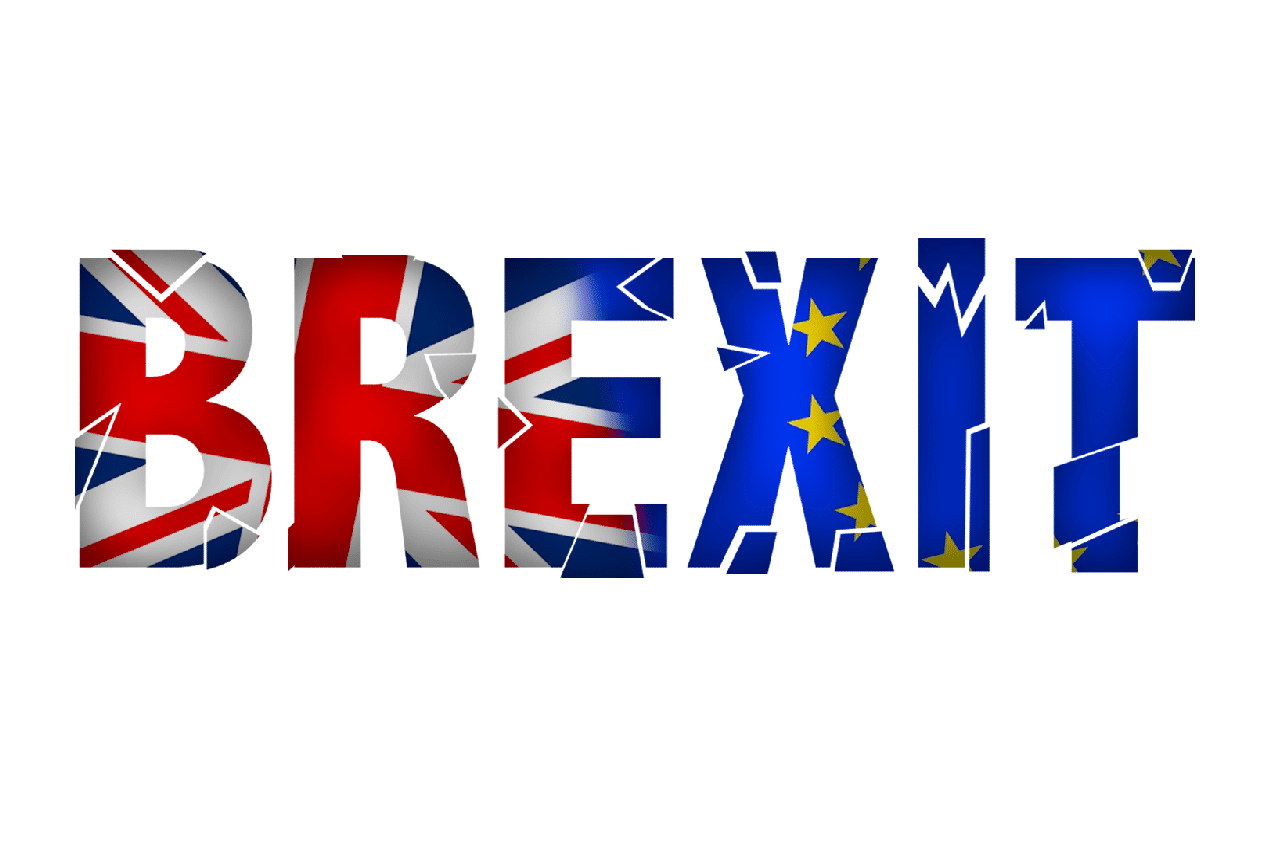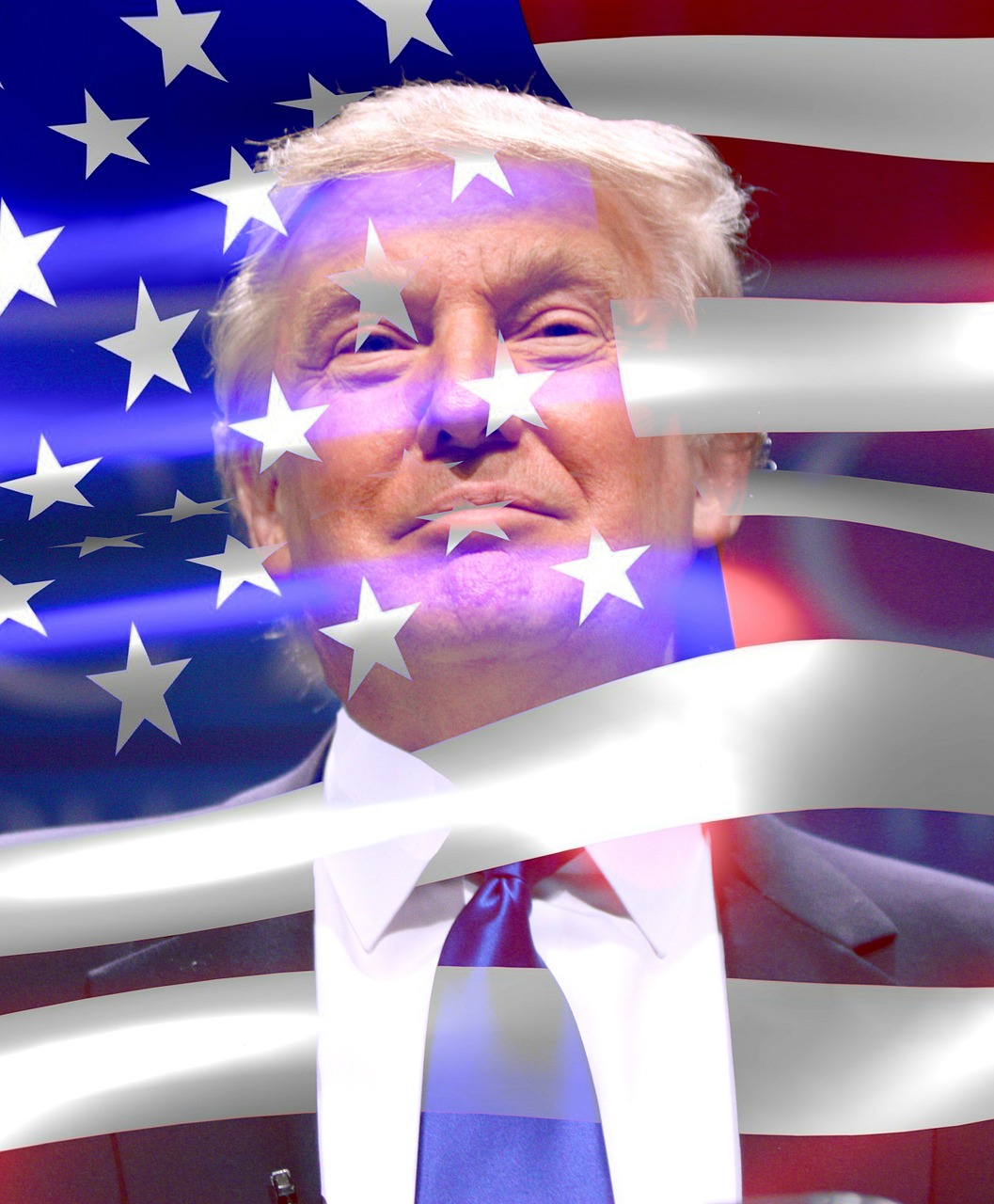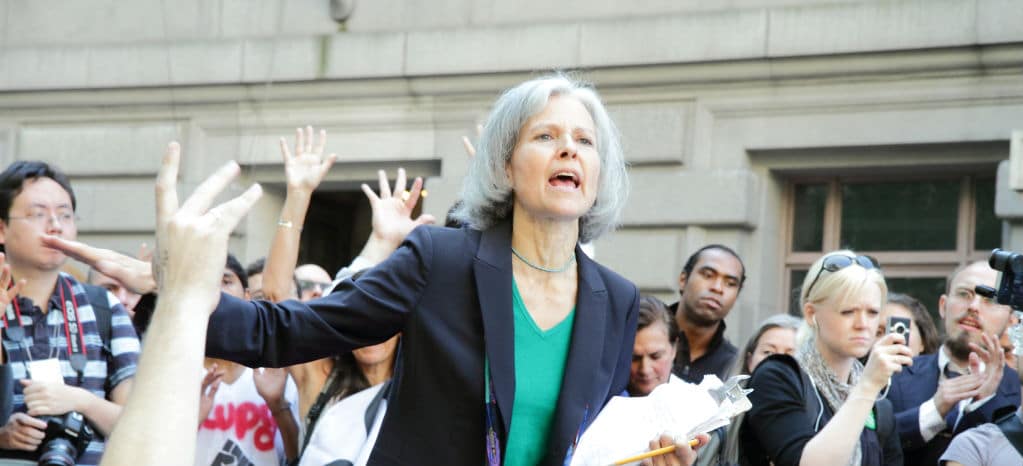This article was written by Richard Gardner, founder and CEO of Modulus Global.
The Brexit. Few events in recent memory have been so misunderstood while simultaneously eliciting the strongest of feelings from the masses.
An amazing 72% of voters turned out for the referendum, significantly more than those voting in the last general election. Yet, despite such an energized electorate, it was only after the results were finalized that UK Googlers turned to the internet to investigate exactly what the EU was and what a Brexit meant for their economic future.
These concerns were, no doubt, spurred on by a plunging stock market and substantial overnight decline in the value of the pound.
Critical Months Ahead
In the world of cryptocurrency, what happens in the coming months could well be critical to the future of the technology. A dichotomy clearly exists. Cryptocurrency is a movement of libertarian technocrats, inevitably leading to, if successful, a mass decentralization of monetary control. But, in order to achieve this, ironically, the movement is beholden to centralized financial planning.
The Brexit poses a real problem for a movement which is typically thought of as in favor of deregulation. To this point, there hasn’t been a great deal of certainty from the UK with regard to what relationship it hopes to have with the EU moving forward.
Part of this is due to David Cameron’s resignation, which leaves the country’s leadership without a real mandate until the fall election. While millions have signed a petition which demands a second referendum, or essentially a re-vote, the whole world is left wondering what’s next. It is incumbent on UK leaders to begin exit negotiations, though a prolonged exit, some fear, will make the European and global markets even more uncertain.
Immigration
Much of the pre-referendum vitriol surrounded a debate on immigration. The folks in support of the Brexit wanted to curb immigration. At the same time, the UK is dependent on the European economic markets.
In a perfect world, those supporting the Brexit would leave the EU, suspend Payments to Brussels, and selectively shutter the borders, all while maintaining the same trade relations with EU members. But, this option is not on the table. Freedom of movement is freedom of movement, EU leaders contend. Access to their markets will only come with the unbridled movement of people.
Earlier this year, the European Commission released plans on how the EU would regulate Cryptocurrencies .
The main premise of the plan was to take away the anonymity of which crypto-enthusiasts are so protective. But, while the European Commission’s ideas aren’t necessarily in line with those of industry proponents, at least the Commission is broaching the subject. With the Brexit, one of the major economic players involved in the EU will most probably be walking away from the regulatory side of the European Commission, as well.
And if, as some suggest, a successful Brexit is the beginning of a weakened European Union, it could well elongate the time to mass acceptance.
Regulation
Cryptocurrencies have been identified as innovative by EU leadership.
They are moving towards regulation, which, at first, seems to fly in the face of whole point of cryptocurrency. However, unless regulated with established laws on the books, cryptocurrencies will always be looked at by many, including investors, as the crazy, drunk uncle of currency that keeps crashing the family Christmas party.
Mass acceptance is key to survival and expansion. And, the more centralized the government power, the easier to gain mass acceptance. Much easier to negotiate with, and lobby, the European Commission for a nearly continent-wide policy than to separately lobby dozens of independent governments, each with dozens of committees and departments with an interest in the matter. Even if some of those independent governments may well be friendlier to the premise of decentralization and anonymity.
For this reason, the best path to decentralization is the one through centralized government.


















